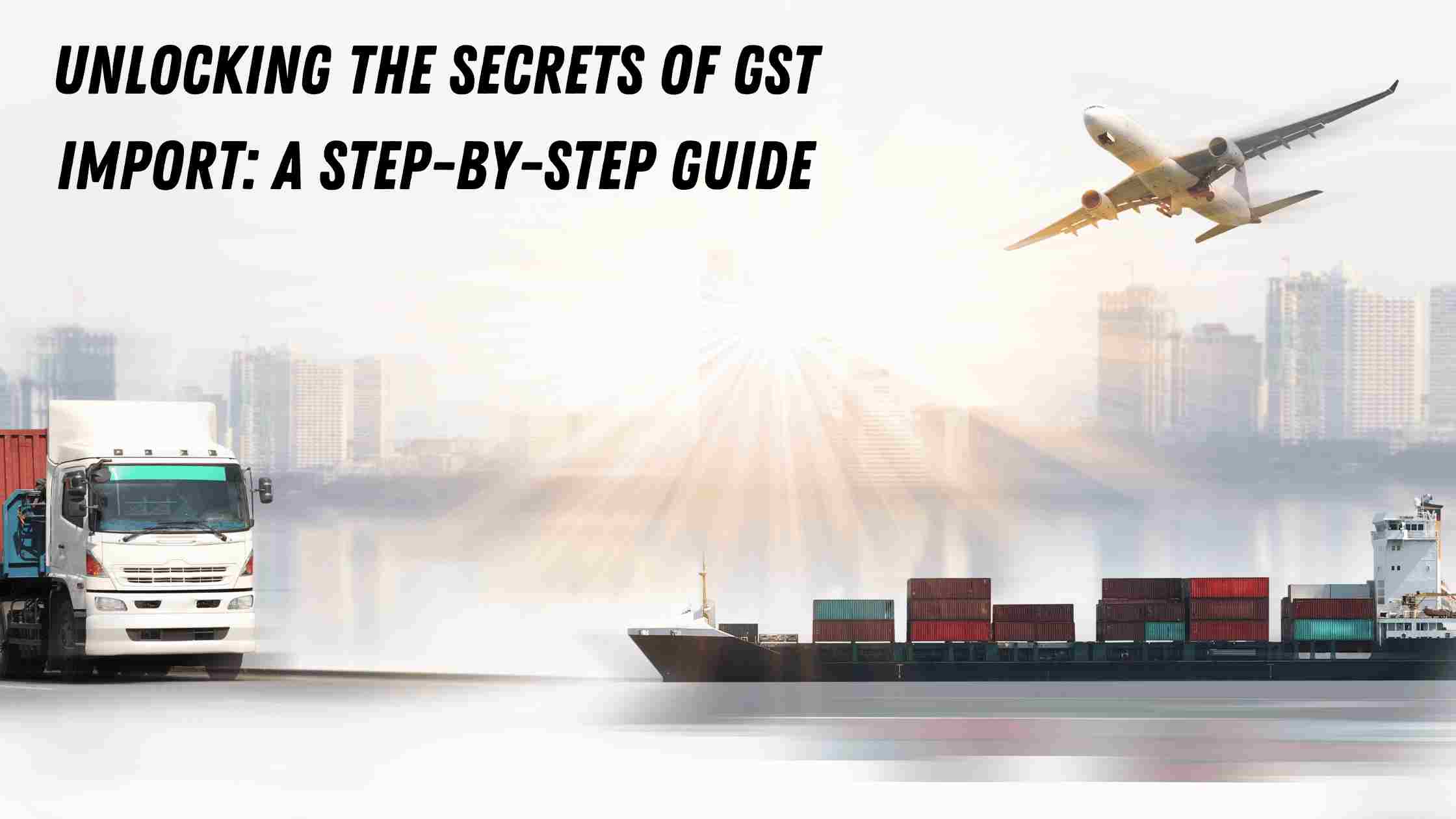Job work under GST is defined as ‘any treatment or process done by a person on goods belonging to any other registered person. The person who performs the work is known as the job worker. Job work includes outsourced activities that may or may not result in a final product.
Whether the principal or job worker needs to take registration
As per the GST Act provision, only registered persons can send the goods for job-work. The taxpayer is not obligated to follow the provision; he does not choose to avail the benefits.
If the principal is not availing of the benefit of job work provisions under Section 143. The sending of goods to job-workers will attract provision of normal supply.
Job worker need to take registration numbers only if their total turnover in India is more than the limit mentioned. Irrespective of whether the principal and the job worker are in the same state or in different states.
Can the principal send the goods to job worker without paying tax?
A registered taxpayer is permitted to send goods or capital goods without payment of GST to a job worker. The taxpayer can send goods to another job worker form the place of current job worker. ITC will be allowed on goods and capital goods in both cases.
Further, a taxpayer can send goods directly to a job worker without bringing them to his premises.
In some cases, the taxpayer can also send consumables like moulds and dies, fixtures, or tools along with the goods.
Permitted time limit for job work under GST:
Goods or capital goods (other than consumables) sent on job work should be returned to the taxpayer or delivered to the customer of the taxpayer within 1 year and 3 years, respectively.
The time period will be calculated from the date of goods were sent out.
The time period may be extended further for 1 year in the case of goods and 2 years in the case of capital goods. The extension power will be in the hands of the GST commissioner.
The job worker has no obligation to return the consumables, like moulds and dies, fixtures, or tools, along with the inputs that were supplied by the taxpayer.
Can the taxpayer directly dispatch goods to its consumers?
After processing of goods, the taxpayer will have the option to clear the goods directly from the job worker’s place, on payment of tax, or without payment in the case of export.
For the above facility, the taxpayer has to declare the place of job worker as an additional place of business in registration. However, if the job worker is registered, then the principal is not required to declare.
Responsibility for record-keeping for goods and capital goods:
The taxpayer will have an obligation to keep proper records of goods and capital goods.
What happens if the goods are not received on time?
If goods are not received within the time period allowed, then the transaction will be considered a deemed supply. The taxpayer will be liable to pay GST along with interest as applicable. The date of supply will be the date on which goods were sent for job work.
Further if goods are supplied by the job worker after the expiry of the time period. Then such a transfer will be considered as a supply made by job worker to the taxpayer. In such a case, job worker will be liable to pay tax and need to raise the invoice.
Can job worker claim the ITC on the goods used him?
Yes, the job worker can claim the ITC of goods supplied/used by him for performing job work.
Does E-way bill require for moving goods for job work?
In job work cases, e-way bill shall be generated either by taxpayer or registered job worker. E-way bill is must even if value of consignment is below Rs.50,000, if principal and job worker are in different states/union territory.
Other compliance:
- Taxpayer need to generate the delivery challan in triplicate for sending goods or capital goods for job work. The 2 copies of delivery challan should be given to job worker. so that at time of returning the goods, job worker can return on challan copy.
- Taxpayer need to submit the details of all delivery challan relating to goods sent on job work either directly or from place of job worker. The details will be submitted quarterly in form GST ITC-04 by the 25th day from end of respective quarter.
- In case of waste or scrap generated during the job work, the job worker may supply directly from his place on payment of tax (if he is registered). Else taxpayer needs to pay the tax on supply of scrap.
Disclaimer:
The information provided in this content is for general informational purposes only. You should always seek the advice of expert before making any decisions based on the information provided. We do not warrant or guarantee the accuracy, completeness, or usefulness of the information provided. Any reliance you place on such information is strictly at your own risk. We shall not be liable for any damages, losses, or expenses arising out of or in connection with the use of this content.








